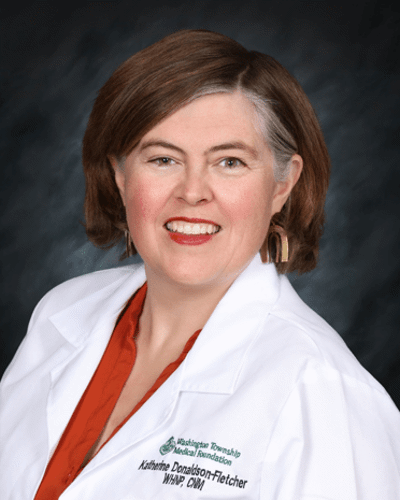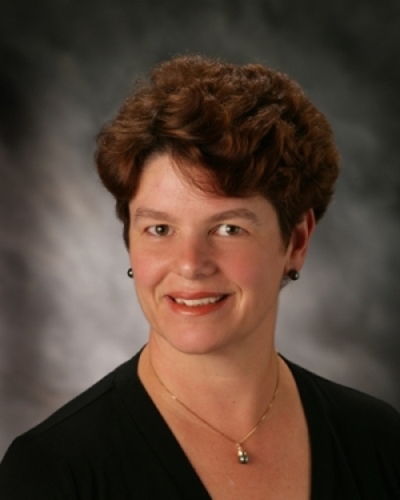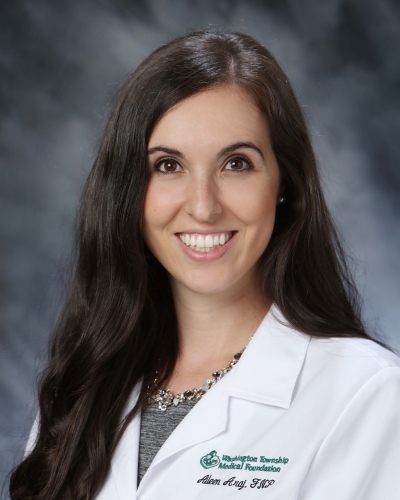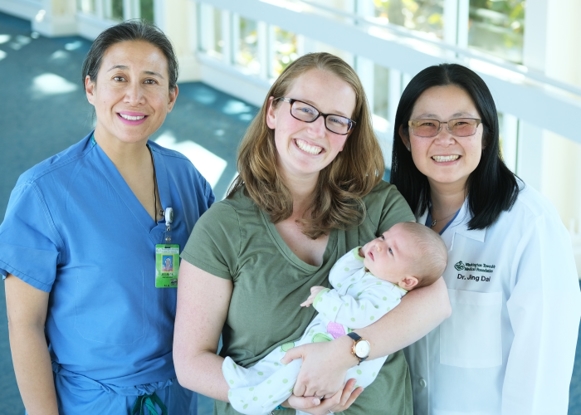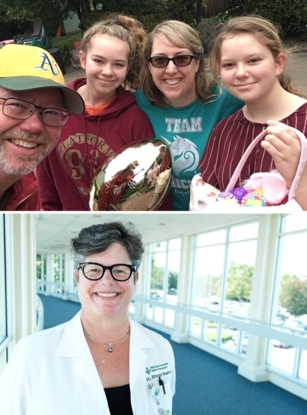
OB/GYN in The Bay Area
Advanced Medicine from Our Team of Obstetrician-Gynecologists
At Washington Health Medical Group, we’re proud of our team of OB/GYNs and the compassionate care they provide to our patients. We emphasize advanced, non-invasive techniques in a patient-centric environment run by a team of all-female practitioners, as we realize many women feel more comfortable working with female providers. Your OB/GYN will help you determine how often you should see them based on your age, overall health, and sexual history.
Our OB/GYNs treat a variety of female health concerns such as:
- Abnormal vaginal bleeding
- Heavy periods
- Pelvic pain
- Hormonal disorders
- Endometriosis
- Pre-menstrual dysphoric disorder (PMDD)
- Polycystic ovarian syndrome (PCOS)
- Urinary incontinence
- Infertility
- Family planning and contraception
- Sexually transmitted infections/diseases (STIs/STDs)
- Pre-conception planning
- Prenatal care, labor, delivery, and postpartum care
- Menopause
Should I See an OB/GYN?
Women should see OB/GYNs as a way to safeguard their health through yearly checkups and screenings. During your OB/GYN appointments, you may need to undergo certain evaluations to collect specimens to check for specific diseases, such as Pap tests that check for cervical cancer. Your OB/GYN will determine which tests are appropriate for you depending on your unique circumstances. We encourage women to see an OB/GYN once they are 18 years old or they become sexually active, whichever is sooner, and for pregnancy, menopause, or any time they have sexual health concerns.
Patient Resources
We provide high-quality women’s healthcare in a modern facility staffed by friendly practitioners who keep current with the latest procedures and technology. Our doctors highlight the importance of prevention such as screening tests and family planning through all aspects of gynecology. We are proud of our reputation inside and outside the operating room and perform minimally invasive laparoscopic procedures and alternatives to hysterectomies to allow women a more rapid return to their everyday lives.
Women’s Health Specialists is located across the street from Washington Hospital. Our Washington Outpatient Surgery Center is located on the first floor of our building. Washington Hospital is home to our Birthing Center, which offers facilities and accommodates both natural and high-risk births. Women travel from all around the San Francisco Bay Area and the Central Valley to deliver their babies here.
Through our affiliation with UCSF Benioff Children's Hospital, Washington Hospital operates an 11-bed intermediate intensive care nursery. This Special Care Nursery provides ongoing care for infants with special needs. UCSF neonatal and pediatric specialists lead the unit and deliver the finest neonatal and specialty care available.
Insurance
We participate with many different PPO and HMO plans as well as accepting traditional indemnity insurance. We are also preferred providers on Hill Physicians and you can see us without a primary care provider’s referral. Unfortunately, not all plans list of providers is up to date. If you are unsure about our provider status with your insurance company, please call us and check with our business office.
Confidentiality and Medical Records
All your medical records are considered confidential information and we comply with HIPAA regulations. Let us reassure you that we will release records, or any part of them, only if you give us written authorization to do so.
Do you need an OB/GYN in The Bay Area? Consider contact Washington Health Medical Group and book your appointment by calling (510) 248-1470 and see a member of our female-led team.
-
Washington Women’s Health Specialists Obstetrics/Gynecology 2299 Mowry Ave
#3C
Fremont, CA 94538
(510) 248-1470 More Information


-CROP-BETTER.jpg)
